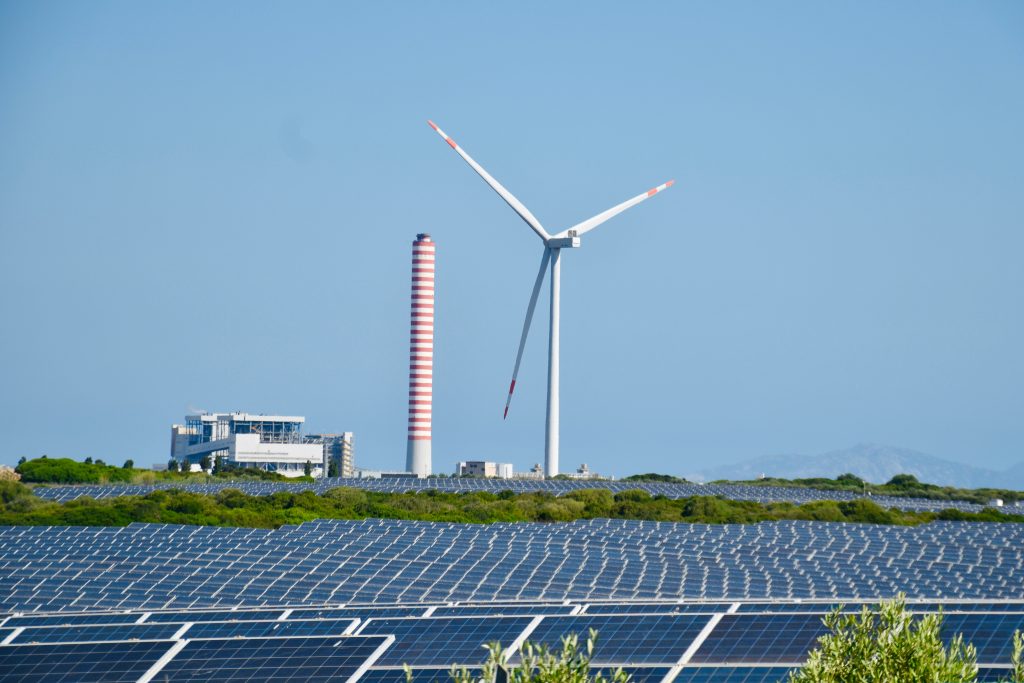In a significant move reflecting ongoing tensions between labor unions and high-profile business leaders, the United Automobile Workers (UAW) union has filed federal labor charges against former President Donald Trump and Tesla CEO Elon Musk. This action comes in response to a livestreamed conversation where both figures allegedly made comments that were interpreted as threats towards UAW members. The union argues that the remarks made by Trump and Musk during their discussion could be seen as intimidating, undermining the rights of workers to organize and engage in collective bargaining.
UAW President Shawn Fain expressed strong condemnation of the comments, stating, “When we say Trump stands against everything our union stands for, this is what we mean. Donald Trump will always side against the working class.” This statement underscores the union’s belief that Trump’s past and present actions are detrimental to labor rights and protections.
The union’s legal complaints have been directed to the National Labor Relations Board, echoing concerns over the influence that powerful figures like Trump and Musk may have on labor dynamics within the automotive industry. The UAW emphasizes that such intimidation tactics are not just harmful to individual workers but also threaten the integrity of union representation as a whole.
The livestream, which touched on various topics, saw Trump praise Musk for firing employees involved in strikes. This endorsement of aggressive management tactics has raised alarms among labor advocates, who view it as an attack on the fundamental rights of workers to protest and demand better working conditions.
This situation highlights a broader conflict between labor unions and corporate leaders, particularly in industries undergoing significant transformations, such as the automotive sector amidst the rise of electric vehicles. As the UAW takes a stand against what it perceives as bullying from influential figures, it reiterates its commitment to protecting workers’ rights against any form of intimidation.
In a climate where labor relations are becoming increasingly contentious, the UAW’s actions serve as a reminder of the ongoing struggle for workers’ rights and the need for solidarity among union members. As the automotive industry evolves, the implications of this conflict may resonate far beyond the immediate parties involved, potentially influencing labor relations across various sectors. The UAW’s filing could also spark further discussions about the role of leadership in shaping labor policies and the responsibilities that come with such influence.
As this story develops, it will be crucial to monitor the responses from the National Labor Relations Board and the broader implications for labor relations in the United States. With the growing visibility of labor issues and the increasing assertiveness of unions, the dynamics between corporate power and worker rights are likely to remain at the forefront of public discourse.

